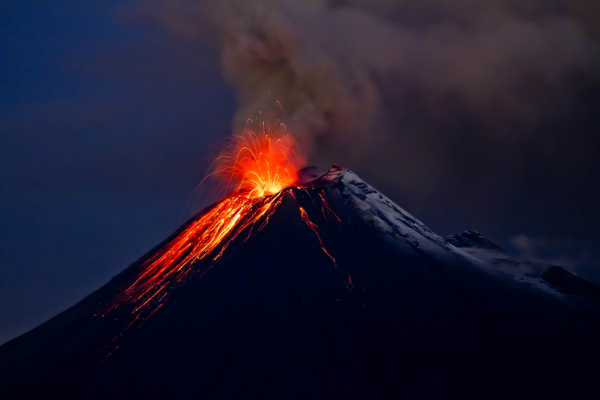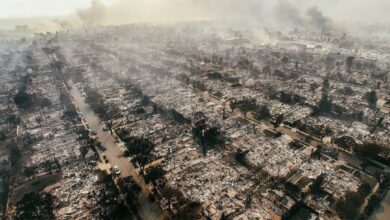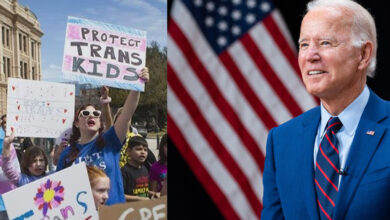Experts Warn: Approaching Supervolcanic Eruption Could Unleash Global Chaos

Revelation that has sent shockwaves through the scientific community, experts are now sounding the alarm on the potential for a supervolcanic eruption, one that could dwarf all modern volcanic events in terms of impact and global disruption. The warning comes from a combination of recent geological studies, historical analysis, and the current state of planetary monitoring systems, which suggest that the Earth might be overdue for such a catastrophic event.
Volcanologists have been closely monitoring several known supervolcanoes, including Yellowstone in the United States, Campi Flegrei in Italy, and Toba in Indonesia, all of which have shown signs of unrest. However, pinpointing which one might be next in line for a massive eruption remains speculative, as no single volcano currently exhibits all the classic signs of an imminent super-eruption.
Dr. Lucia Rinaldi, a volcanologist at the University of Naples, commented on the situation, “While we can’t predict with certainty when or where the next super-eruption will occur, the geological record is clear: these events do happen, and they have profound impacts on global climates and human societies.” She emphasized that the last super-eruption, occurring roughly 74,000 years ago at Toba, plunged the planet into a volcanic winter, causing significant climatic perturbations.
The potential consequences of such an event today are chilling. A super-eruption could inject vast amounts of ash and aerosols into the atmosphere, leading to a significant cooling effect, potentially causing what is known as a “volcanic winter.” This could disrupt agriculture worldwide, leading to famine, economic collapse, and mass migration. Moreover, the immediate vicinity of the eruption would face immediate threats from pyroclastic flows, ash fall, and lahars (volcanic mudflows).
The preparedness of the world for such an event is under scrutiny. With posts on X highlighting a general lack of readiness, the discourse has shifted towards emergency planning. There’s a consensus among experts that the global community is ill-equipped for the scale of disaster a super-eruption would bring. Infrastructure, food systems, and international cooperation would all be tested to their limits.
Dr. David Lowe from Massey University in New Zealand, an expert in volcanic impacts, stated, “We are not prepared for a supervolcanic event. Current disaster response plans are tailored to much smaller scale events. A super-eruption would require a complete overhaul of our disaster management strategies, from local to international levels.”
In response to these warnings, there’s a call for increased monitoring of supervolcanoes, more research into understanding the precursors to such eruptions, and the development of global contingency plans. The United Nations has begun discussions on forming a specialized task force to address volcanic super-eruptions, learning from the international response to pandemics and climate change.
However, the challenge remains in the unpredictability and rarity of these events. As noted by Dr. Rinaldi, “Our science has advanced, but predicting a super-eruption might always be more art than science due to the complex and unique nature of each volcano.”
As the world turns its attention to this looming natural disaster, the discourse is not only about preparation but also about fostering a global conversation on resilience and the shared responsibility in facing such cataclysmic events. The next big volcanic eruption, whenever it may come, promises to test humanity in ways few other natural phenomena could.




